Directive liberalizes assignment of impaired loans and introduces new supervisory requirements for credit managers
The Council of Ministers approved, at the proposal of the Minister for European Affairs, the South, Cohesion Policies and the PNRR, Raffaele Fitto, and the Minister of Economy and Finance, Giancarlo Giorgetti, the legislative decree transposing the NPL Secondary Market Directive. This important step comes just days before the final date of June 29, when EU Directive 2167/2021 will come into force without further delay.
The directive, which amends previous Directives 2008/48/EC and 2014/17/EU, aims to standardize the rules on the assignment of impaired loans, encouraging the development of secondary markets and strengthening protections for assigned debtors.
According to the statement from Palazzo Chigi, the directive introduces several significant new features:
- Liberalization of Assignment of Impaired Loans: Financial institutions will be able to assign impaired loans to so-called “credit purchasers,” which can be individuals or legal entities professionally operating in this field.
- Increased Prot ections for Assigned Debtors: More controls are instituted in the credit market and new protections are introduced for assigned debtors. This includes a minimum licensing and supervisory regime for “credit managers” (credit servicers).
- Regulation of Relationships between Buyers and Credit Managers: The directive regulates the relationship between credit buyers, credit managers and, where applicable, credit management service providers, while also introducing disclosure requirements, rules of conduct and a new supervisory register for credit managers, along with a complaints system for debtors.
The directive was to be transposed by December 29, 2023. However, a transitional rule has been provided that allows entities already operating as of December 30, 2023, to continue their activities until June 29, 2024, or until the necessary permit is obtained.
A commentary on the EU Directive 2167/2021, passed on June 10, 2024, better known as the NPL Secondary Market Directive, highlights how the European legislature focused on removing NPLs from bank balance sheets. The directive imposes stricter rules for banks and incentivizes the development and integration of secondary markets. This gives more management power to authorized financial intermediaries (106 T.U.B.) and 115 T.U.L.P.S. companies, with an authorization and supervisory regime managed by the Bank of Italy.
Member states are required to remove barriers to entry to create efficient and transparent secondary markets that are also open to non-institutional investors. This will allow, for example, real estate developers to be involved in the mortgage NPL market, enabling them to intervene as private investors with the professional support of Credit Managers.
The directive imposes specific requirements of professionalism, competence and good repute on credit management companies, favoring structures already in the market, with the necessary licenses and a verifiable track record. The opening of the NPL market to private investors represents a significant financial opportunity, expanding access possibilities and allowing interested parties to get ahead of the auctions by dealing with licensed credit management companies.
This will be discussed further on June 19 at BeBeez’s Café, in view of the upcoming entry into force of the directive.




